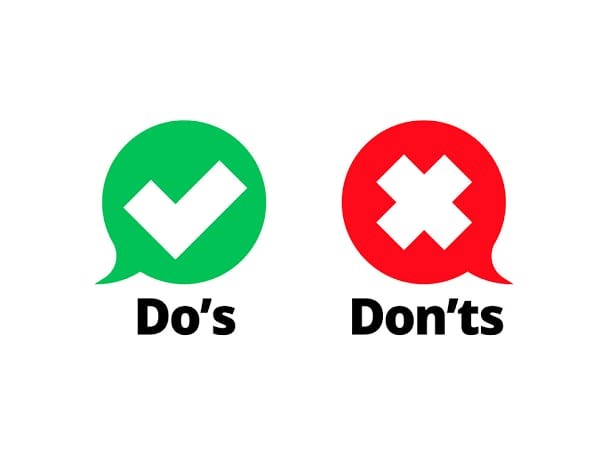

This seminar will address such implications and define the legal rights and obligations of each participant in the process.
After participating in this course, you will be able to:
To provide a forum where owners, consultants and contractors can understand legal implications of tendering from each other’s’ perspective for the general benefit of the construction industry.
Officers of construction firms and officials of government agencies responsible for the tender calls, negotiation or awarding of contracts: facilities executives, building code advisors, plant managers, chief engineers, project managers, architects, engineers, technologists and technicians and lawyers.
This seminar is unique. One case study threads through all presentations and many other examples are used to illustrate the topics.
Introduction to the Program
Introduction to the Law of Tenders
The Contractor’s Obligations to the Owner
The Owner’s Obligations to the Contractor – Unintended Consequences
Before the Bid is Open – Practical Issues in Calling for Tenders
Once the Bids are Opening
The Consultant’s Obligations in Bid Evaluation
Other Issues
Best Practices - A Checklist
CDGA attendance certificate will be issued to all attendees completing minimum of 75% of the total course duration.
| Code | Date | Venue | Fees | Register |
|---|---|---|---|---|
| PRO153-02 | 21-06-2026 | Dubai | USD 5450 | |
| PRO153-03 | 02-08-2026 | Muscat | USD 5450 | |
| PRO153-04 | 02-11-2026 | Kuala-Lumpur | USD 5950 |

This course aims at developing and strengthening the understanding of the crucial role played by the supplier in delivering customer satisfaction through an effective supply chain.

The overall aim of this course is to provide participants with the knowledge, concepts and skills needed to perform all tendering tasks. The course covers each step of the tendering processes and proc ...

Strategic sourcing relates to getting the best products and services at the best value. It is designed to segment external spend and ensure that procurement resources are focused on the most important ...

In the world today it is not unusual for more than 50% of an organization’s revenue to be spent on Goods and services — everything from raw materials to overnight mail. So, when the goal is to Increas ...
Providing services with a high quality that are satisfying the requirements
Appling the specifications and legalizations to ensure the quality of service.
Best utilization of resources for continually improving the business activities.
CDGA keen to selects highly technical instructors based on professional field experience
Since CDGA was established, it considered a training partner for world class oil & gas institution
3012, Block 3, 30 Euro Business Park, Little Island, Co. Cork, T45 V220, Ireland
Mon to Fri 09:00 AM to 06:00 PM
Contact Us anytime!
Request Info